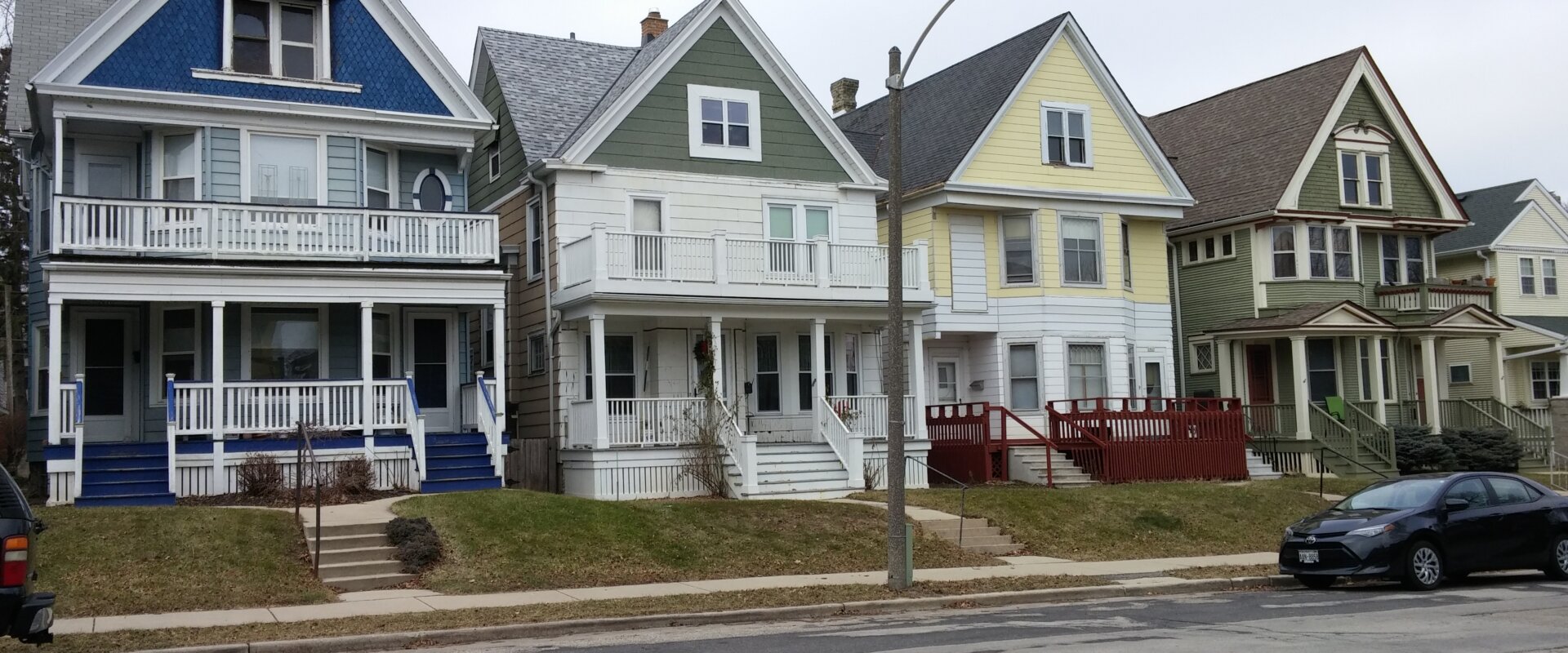Facing foreclosure is one of the most stressful financial situations a homeowner can experience. Your home is more than just a property—it’s where memories are made, and the idea of losing it can be overwhelming. Unfortunately, many Wisconsin families find themselves in this position, whether due to job loss, medical bills, or unexpected financial hardship.
According to Wisconsin Department of Financial Institutions, over 2,500 foreclosure filings occurred in Milwaukee County in 2024 alone. What many homeowners don’t realize is that the foreclosure process can stretch out for several months or even years, depending on the circumstances. However, there are proven strategies that can help you take control of the situation, and acting quickly can significantly improve your chances of keeping your home or minimizing long-term financial damage.
Fortunately, you have options available to you here in WI — perhaps more options than you realize. There are many strategies that help for foreclosure in Milwaukee; these are legal foreclosure avoidance strategies you can implement to help you resolve your foreclosure issue so you can get on with your life.
In this blog post, you’ll read about 3 ways that you can avoid foreclosure (there are other ways to avoid foreclosure as well). The goal of these strategies is to help you legally and ethically avoid foreclosure and reducing the pain and frustration that you’re facing, while minimizing any long-term financial commitment or burden to you. Not all of these strategies will apply in every situation but you’ll probably be able to find at least one of the three ways that will work for you.
Strategy #1: Work out a deal with your lender
One of the most effective ways to avoid foreclosure is negotiating directly with your lender—often referred to as a loan workout or mortgage modification. Many homeowners assume lenders are quick to foreclose, but in reality, foreclosures are expensive and time-consuming for banks, so they are often open to restructuring your loan if they believe you can resume payments.
There are several options you can discuss with your lender:
- Forbearance: A temporary pause or reduction in mortgage payments for a set period, typically 3 to 12 months, giving you time to recover financially.
- Repayment Plan: Your missed payments are spread out over future payments to help you catch up gradually.
- Loan Modification: The lender adjusts your loan terms—this could mean extending your loan term, reducing your interest rate, or even rolling past-due payments into your total balance to make monthly payments more manageable.
Pro Tip: Before negotiating, gather financial documents (pay stubs, tax returns, hardship letters) to prove your ability to resume payments. You can also consult a HUD-approved housing counselor for free guidance on your best options (HUD.gov/findacounselor).
Strategy #2. Bankruptcy
While bankruptcy is often seen as a last resort, it is a powerful legal tool that can temporarily halt foreclosure and provide time to reorganize finances. Under U.S. bankruptcy law, filing for Chapter 7 or Chapter 13 bankruptcy triggers an automatic stay, which legally prevents creditors—including your mortgage lender—from pursuing foreclosure while the case is active.
However, bankruptcy carries serious consequences:
- Chapter 7 Bankruptcy: Can wipe out unsecured debt (like credit cards) but may require selling assets, and it typically does not allow you to keep your home unless you can bring your mortgage current.
- Chapter 13 Bankruptcy: Lets you create a 3- to 5-year repayment plan, allowing you to catch up on missed mortgage payments while keeping your home.
Because bankruptcy stays on your credit report for 7 to 10 years, it should only be considered after consulting a qualified bankruptcy attorney. You can find free legal aid through organizations like Legal Action Wisconsin or the National Association of Consumer Bankruptcy Attorneys (NACBA.org).
Strategy #3. Short sale help for a foreclosure in Milwaukee
A short sale is a legal process where you sell your home for less than the remaining balance on your mortgage, with the lender agreeing to accept the proceeds as partial repayment of the loan. While this doesn’t allow you to keep your home, it can significantly reduce the financial and credit damage compared to a full foreclosure.
Why do lenders allow short sales? Contrary to what many homeowners think, lenders often prefer short sales over foreclosure because they recover more money than they would from a lengthy foreclosure process. In some cases, they may even offer relocation assistance to help with moving costs.
However, not all short sales are the same:
- You need lender approval before listing the home as a short sale.
- Some lenders forgive the remaining debt, while others may pursue a deficiency judgment (requiring you to pay the difference).
- Short sales can take several months to complete, so they require patience and proper legal guidance.
Pro Tip: Always work with a real estate agent experienced in short sales and consult a housing counselor or attorney to understand your obligations. You can check if you qualify for a short sale through HUD-approved counselors (HUD.gov/findacounselor).

